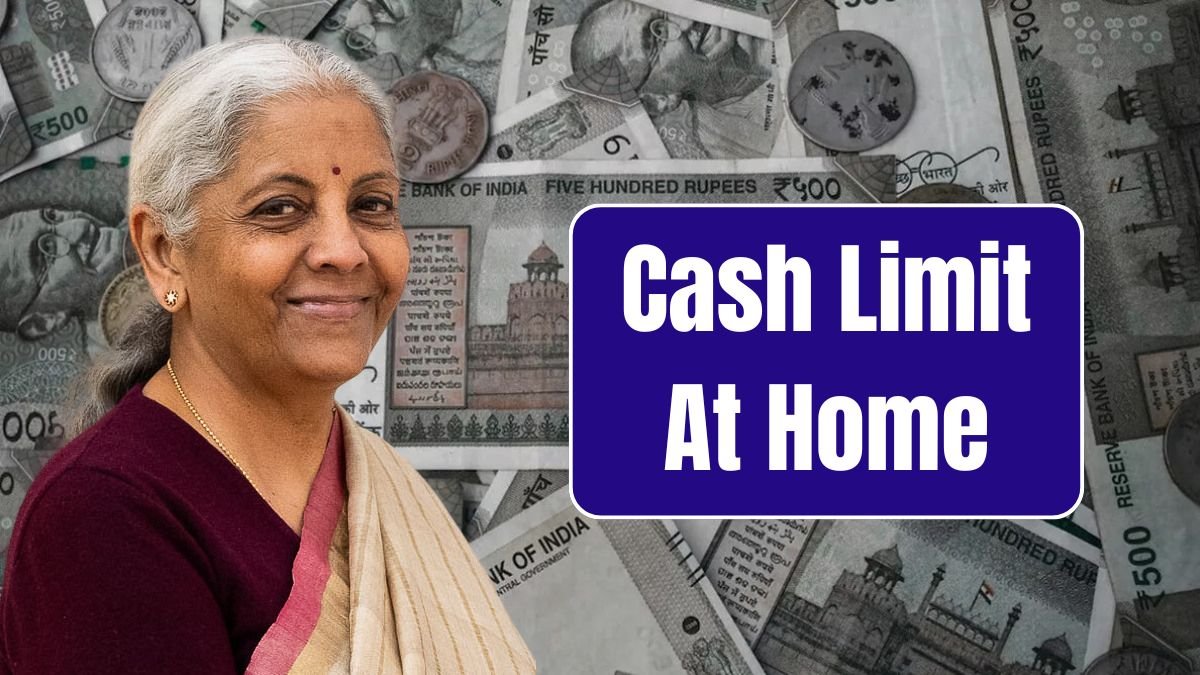It is common for individuals to keep money in their homes, whether they need it for unexpected times, everyday costs or their convenience. At the same time, many people worry about issues with laws, taxes and safety. Authorities in India may look into any large amounts of cash found at home if the holder cannot show where they came from. Being aware of the laws and good practices can guide people in handling their money safely.
Legal Framework and Tax Implications
The Income Tax Act does not rule out how much money a person is allowed to keep in their home. The relevant tax authorities may review large amounts of cash because these fall under Sections 68 to 69B which address unexplained incomes. If someone cannot offer a proper explanation for their cash, it could be taxed at a high rate of 78% plus extra penalties.
Business and Personal Cash Holdings
Maintaining harmony between business’s cash reserves and its cash book helps business owners avoid problems during audits. Anyone who is not a business must also describe how they got their cash such as from banks, deals on property or gifts. Rauthorized by an Accounting Officer.
Security Risks and Best Practices
Being at home with considerable cash could put you at risk of being robbed or losing it. For your money to be safe and grow, it’s best to deposit cash that you do not currently need in a bank or investment account. Proper paperwork for cash-based transactions reduces the possibility of facing legal issues.
Conclusion
Even though no limits are placed on cash at home, people need to track and check the legality of their money. When you follow the safety and tax rules, you can safely manage your financial holdings and avoid extra attention.
Also Read: Unified Pension Scheme 2025: A New Chapter in Retirement Security



